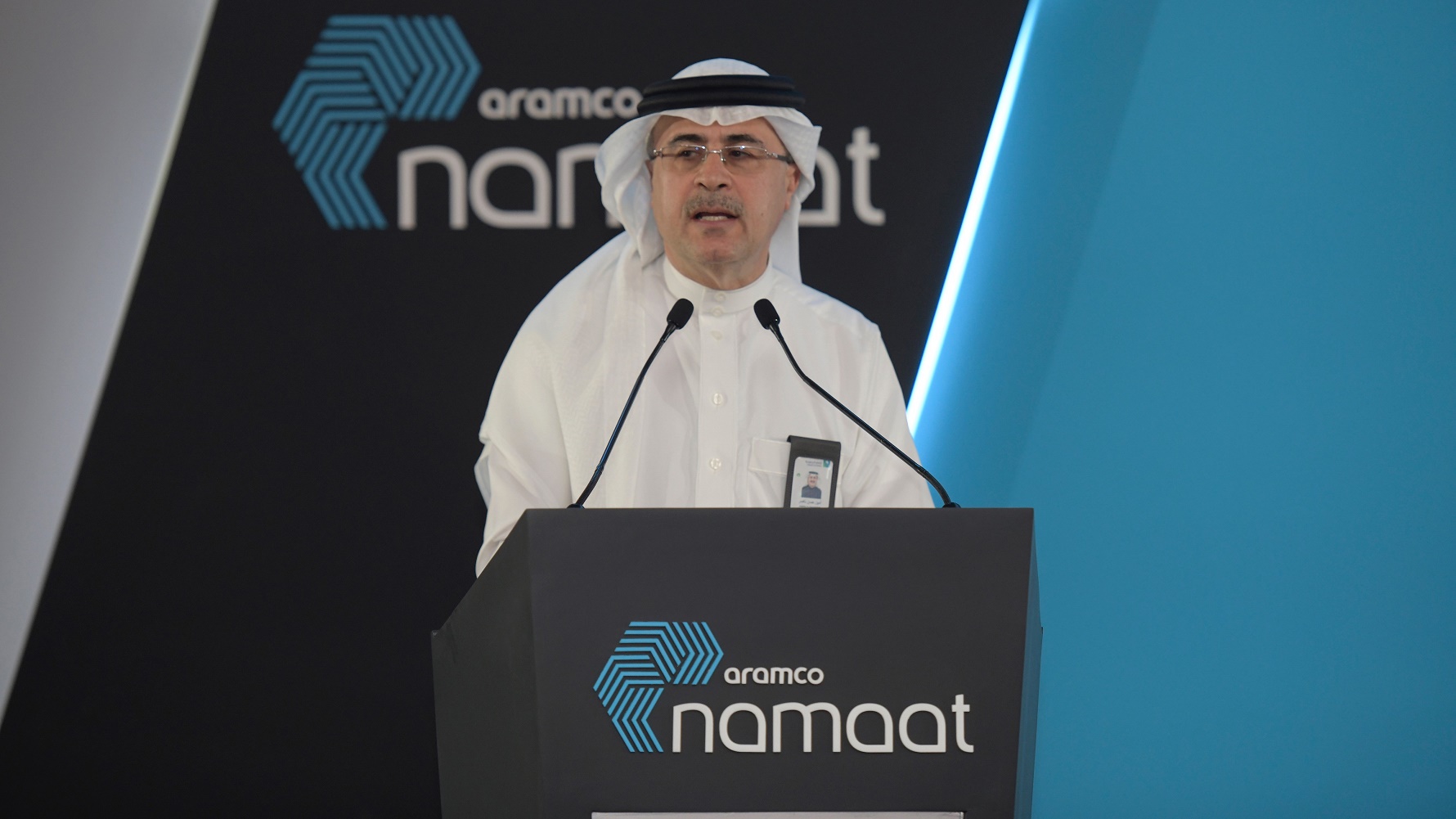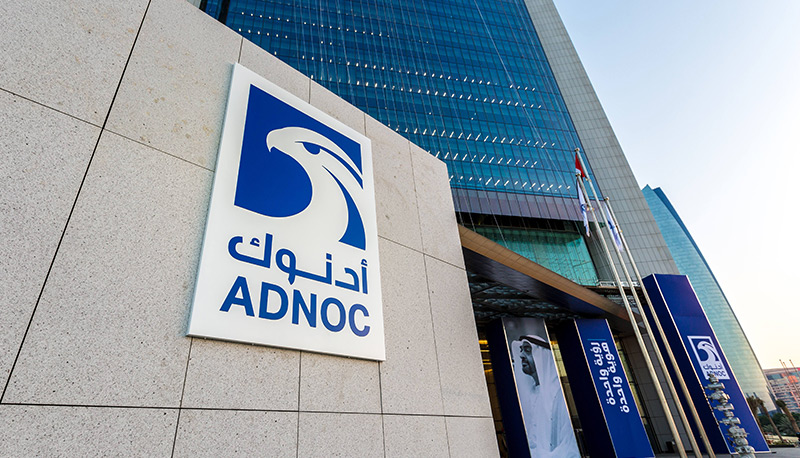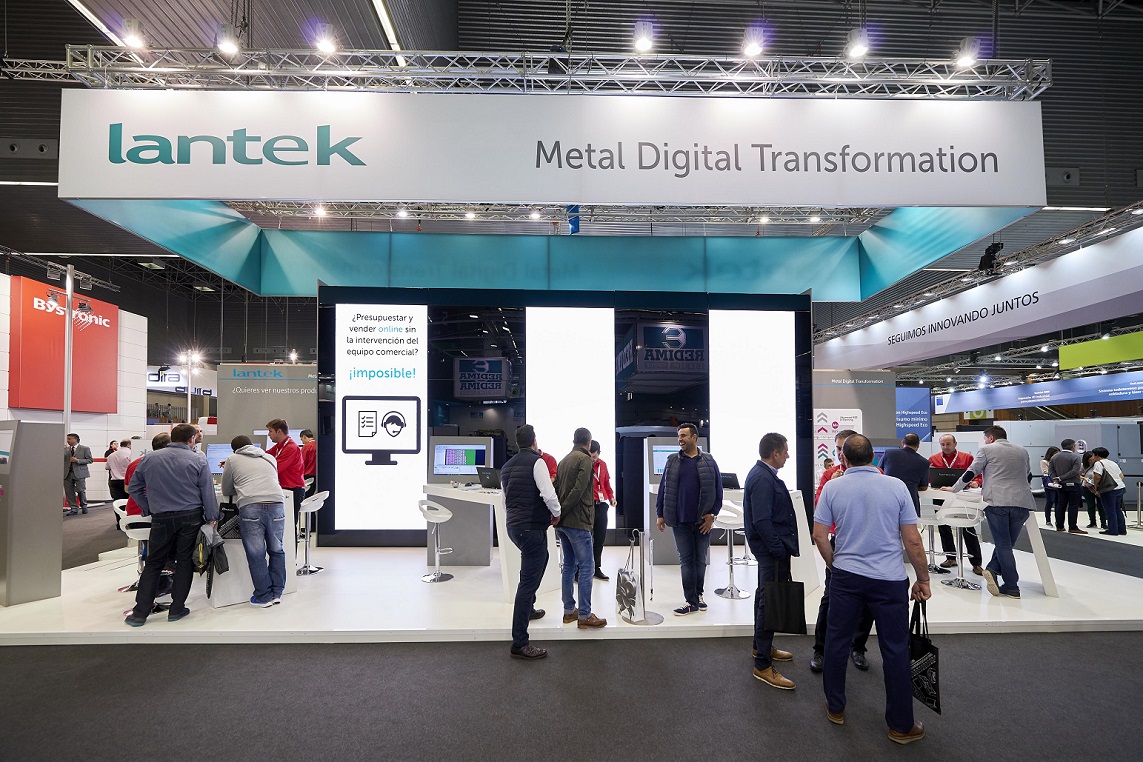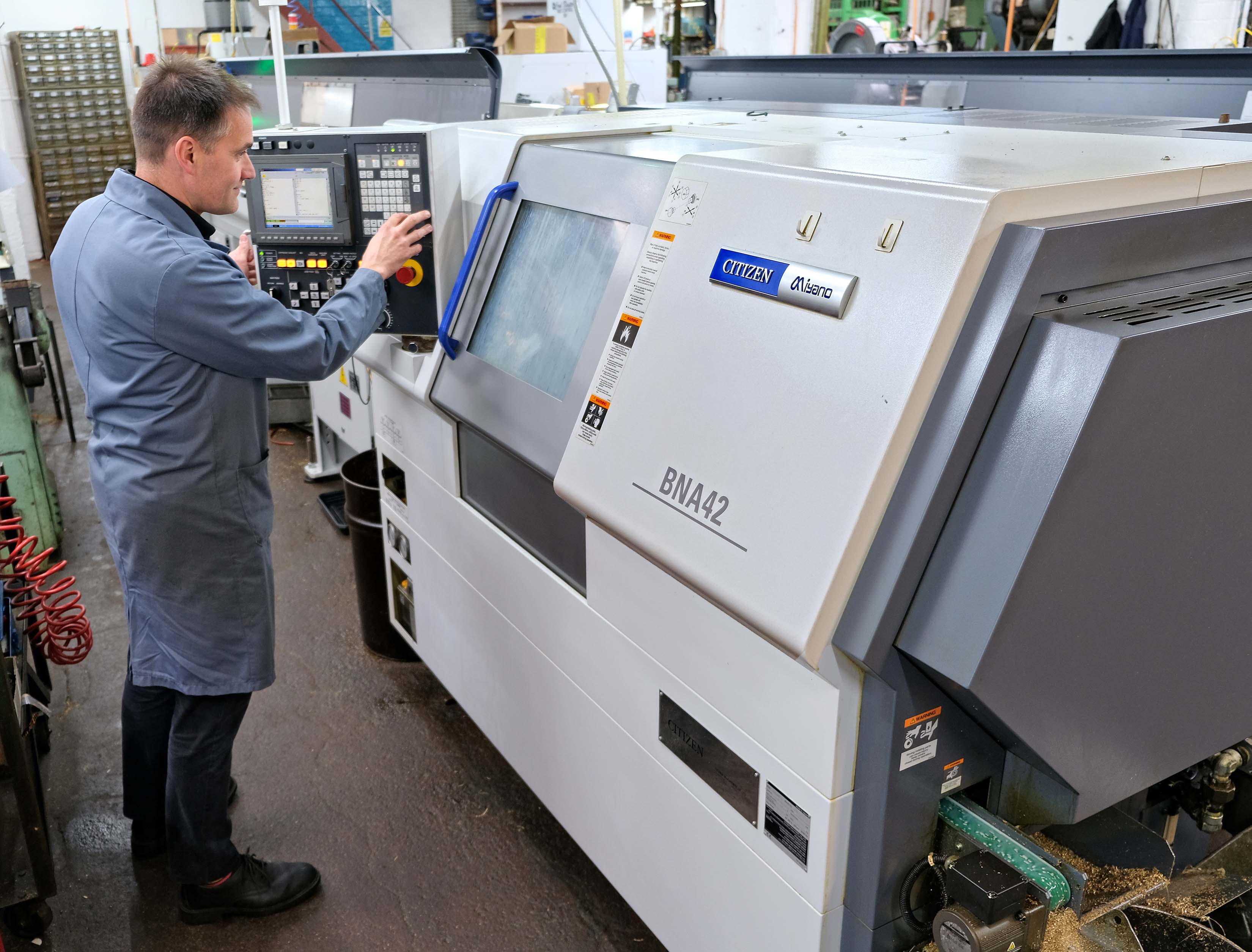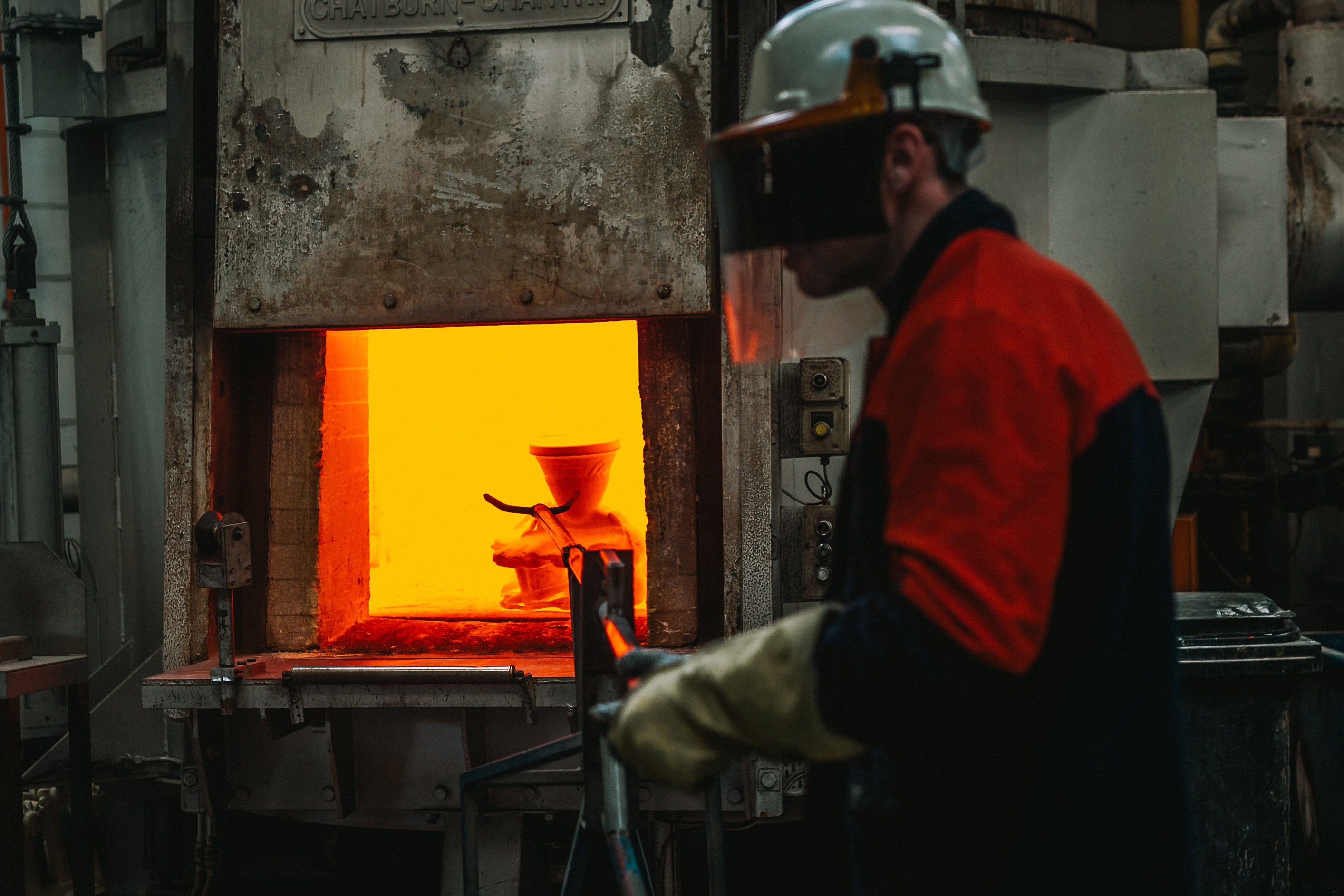The decision by sliding-head lathe builders to introduce the ability to remove the guide bush heralded a natural successor to the single-spindle cam auto
Brass lamp-holder manufacturer S Lilley & Son Ltd, now in its sixth generation of family ownership, has nearly finished phasing out the 20 or so cam-type, single-spindle bar autos it has used in its Birmingham factory since the 1950s. In their place are to be found 11 modern CNC, twin-spindle, bar-fed lathes up to 65 mm capacity with driven tooling, six of them supplied by Citizen Machinery UK.
Two are Miyano BNA42-MSY fixed-head turning centres of 42 mm capacity installed in 2017 and 2021, while the other four are Cincom sliding-head models, two for turning, milling and drilling 32 mm bar and two for processing 20 mm stock. Interestingly, to achieve the high speed of production for which outdated cam technology is renowned and couple it with the inherent advantages of CNC technology, namely unattended running and rapid changeover for smaller economical batch sizes, the company operates the sliding-head machines almost exclusively without the guide bush.
The reason S Lilley & Son Ltd is able to do this is that most components for the light fittings it makes are shorter than 3.5 times their diameter. Normally a ratio of 2.5D is approximately the limit when stock is not supported in a bushing (or by another means such as a tailstock or sub-spindle), otherwise the protruding length of bar deflects under pressure from the tool, causing inaccuracy during machining. However, the relatively open tolerances of the lamp-holder parts allows the company to push the limit higher, lowering the cost of manufacturing parts up to 40% longer by taking advantage of higher speed production without the guide bush.
The rationale for investing in sliding-head lathes and choosing to operate them without the guide bush for most of the time, rather than buying a fixed-head lathe, is due to the sheer speed of production that is possible using the in-line ganged cutters typically found in a sliding-head machine. It allows the linear cross slide to effect very fast tool changes between cuts. Cycles times are considerably shorter and sometimes even halved compared with using a fixed-head turning centre, in which the tool carrier is generally a revolving turret that takes longer to index the next cutter into position.
Due to the bar being clamped by a collet closer to the spindle nose on a slider when it is used without the guide bush, Z-axis stroke is restricted to around one quarter of what is possible when stock slides through a bushing. This is because the whole spindle head rather than just the bar moves in and out of the working area to present the part to platen-mounted tools that can only move in X and Y. However, the shorter Z-axis travel is unimportant in the Birmingham factory, as most components are less than 3.5xD.
As the collet grips the bar much nearer the work than in classical sliding-head turning, the more rigid clamping allows deeper cuts without chatter, resulting in further efficiency gains as well as better surface finishes, even when machining demanding materials.
S Lilley & Son Ltd’s transition from cam-type to CNC lathes started in 2008, somewhat later than in many manufacturing companies for three reasons. First, as tolerances on its electrical products are not particularly tight, their production is relatively unaffected by the age of a machine tool; second, the fittings are frequently needed in large volumes commensurate with single-spindle cam auto operation; and third, the company was fortunate to employ a highly skilled cam auto setter-operator who retired as recently as 2019. That was when the penultimate cam-controlled machine was sold, the single remaining auto being devoted to a particular long-running job.
The employee’s departure was the trigger for the Lilley family to accelerate the purchase of Cincom sliders. A pair of 20 mm capacity A20-VII models was installed, one in 2019 and another in 2020, as direct, more productive replacements for the former single-spindle cam autos. The A20s also have the advantage of a compact footprint on the shop floor, the area of which is limited in the Birmingham factory.
The new sliders joined an L32 Cincom model, installed in 2012 for producing parts up to 32 mm diameter. This machine was swapped in 2017 for a more modern L32-XII. Likewise, this slider is only occasionally used with the guide bush fitted for producing some longer components from bar or tube.
Director Simon Lilley is of the opinion that, even though cam-type lathes can produce more components per hour than their CNC counterparts, the ability to set the latter machines so much more quickly and run them unattended through the night during the week and into a ghost shift on Saturday mornings means that in terms of production output, one Cincom is able to do the work of three of the older single-spindle cam autos.
He described as “a massive advantage” the ability to produce long runs of components on the CNC machines without an operator in attendance, such as 100,000 Lilley hexagonal lock nuts. During the daytime, the sliders are ideal for producing smaller quantities of say 500-off, whereas cam-type lathes would need to be set to run a minimum of 10,000-off to be economical and in any case most of this type of work has long since disappeared overseas. Being able to reduce economical batch size so substantially, down to about 100-off, has resulted in substantial savings in inventory and space and the cost of holding large stocks.
In January 2022 a fourth Cincom arrived, an L32-XIILFV with Citizen’s latest low-frequency vibration (LFV) chip-breaking technology in the Mitsubishi control. The three existing sliders plus the Miyanos and other fixed-head lathes were approaching full capacity, so the new machine provided flexibility to swap work around on the shop floor. It is also back-up for the remaining, ageing single-spindle cam auto.
As with the other sliders on site, the machine is rarely used with the guide bush fitted. So resolute is S Lilley & Son Ltd’s policy in this regard that longer parts up to 5xD, which could be regarded as being best produced by sliding-head turning, are instead machined halfway in the main spindle and transferred to the sub-spindle for the remainder of the turning and milling. This strategy saves half an hour’s work installing the guide bush and another half an hour removing it.
More than 95% of the Birmingham firm’s turned parts are made from free-machining brass bar, but lately there has been an increase in demand from its customer base for aluminium parts up to 32 mm diameter and for plastic components such as acrylic LED lenses and acetal grommets. About a quarter of the company’s throughput is contract machining of such special components for luminaire manufacturers already buying Lilley brass lamp holders and lighting accessories.
Craig Lilley, another director and family member concludes: “Anodising quality 2011 T3 aluminium is not as free-machining as it’s made out to be, and the 6026 T9 grade we turn is even worse in terms of its tendency to generate stringy swarf. Most plastics are similarly problematic when machined.”
He continues: “LFV repeatedly oscillates the tool clear of the bar surface for a fraction of a second, fragmenting the swarf into manageable chip sizes. There’s no longer any need to stop the machine to clear swarf tangled around the tool and component. By the simple insertion of G-codes, we can program the function to cut in and out during a cycle. It turns off automatically when not needed for chip breaking, so the slight reduction in material removal rate during LFV machining is minimised.”
For further information www.citizenmachinery.co.uk






